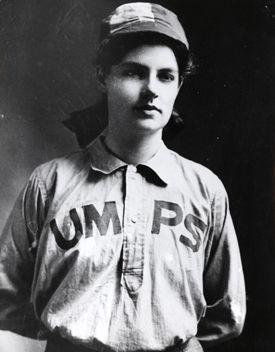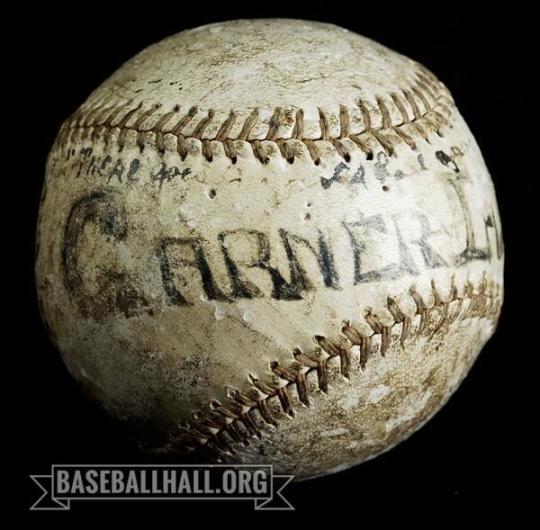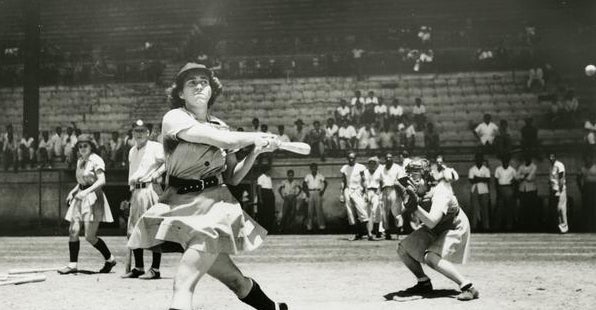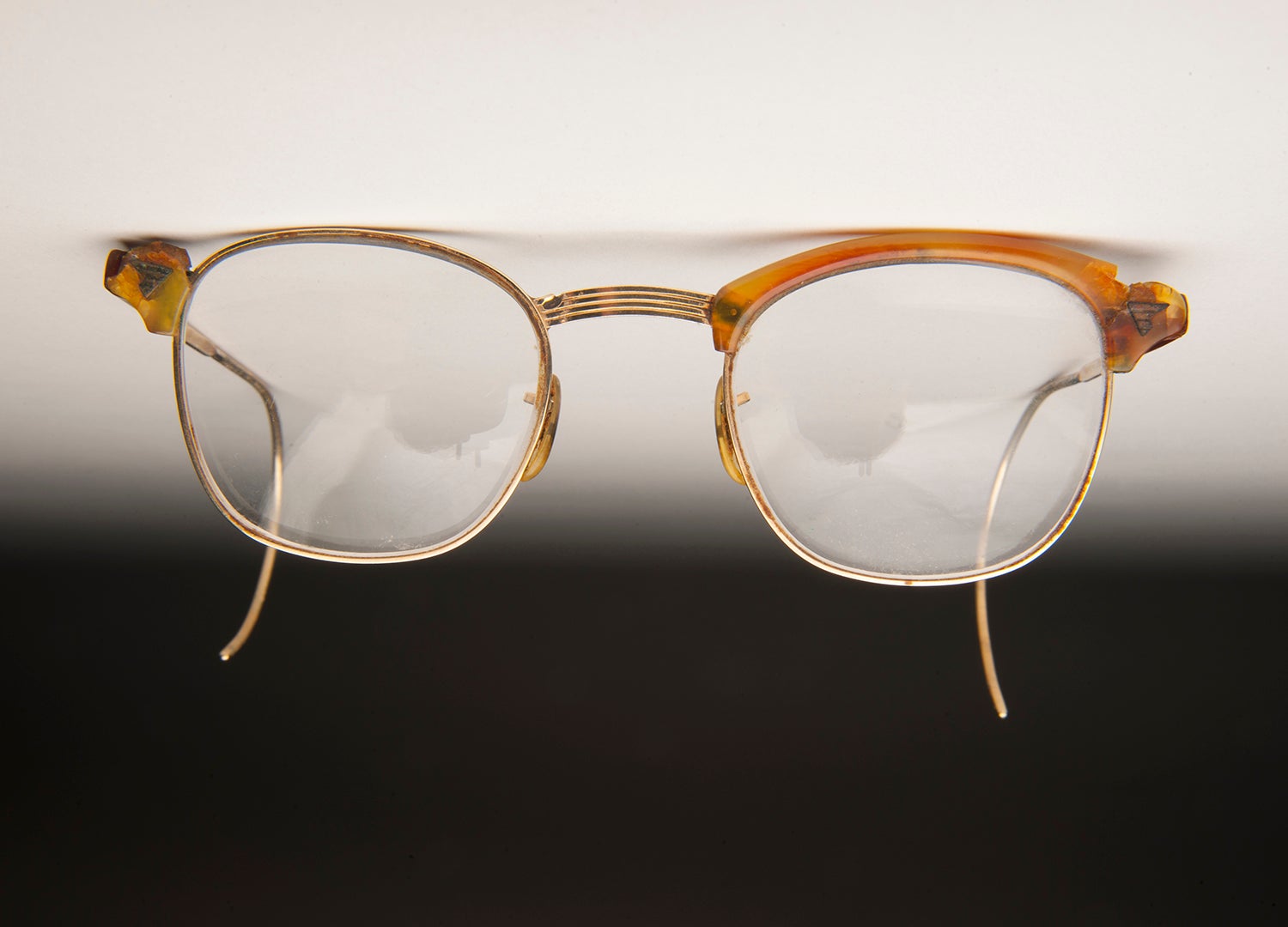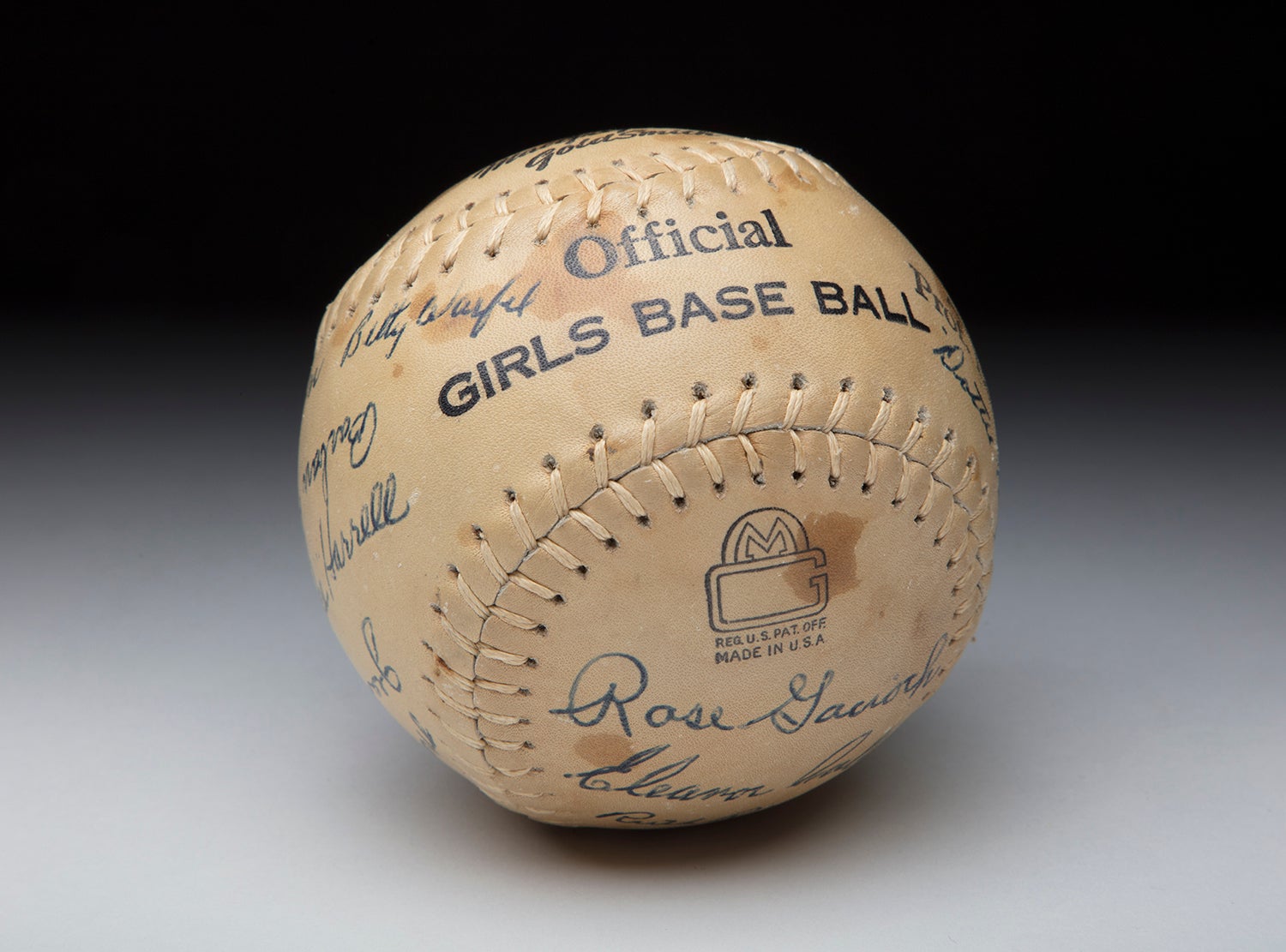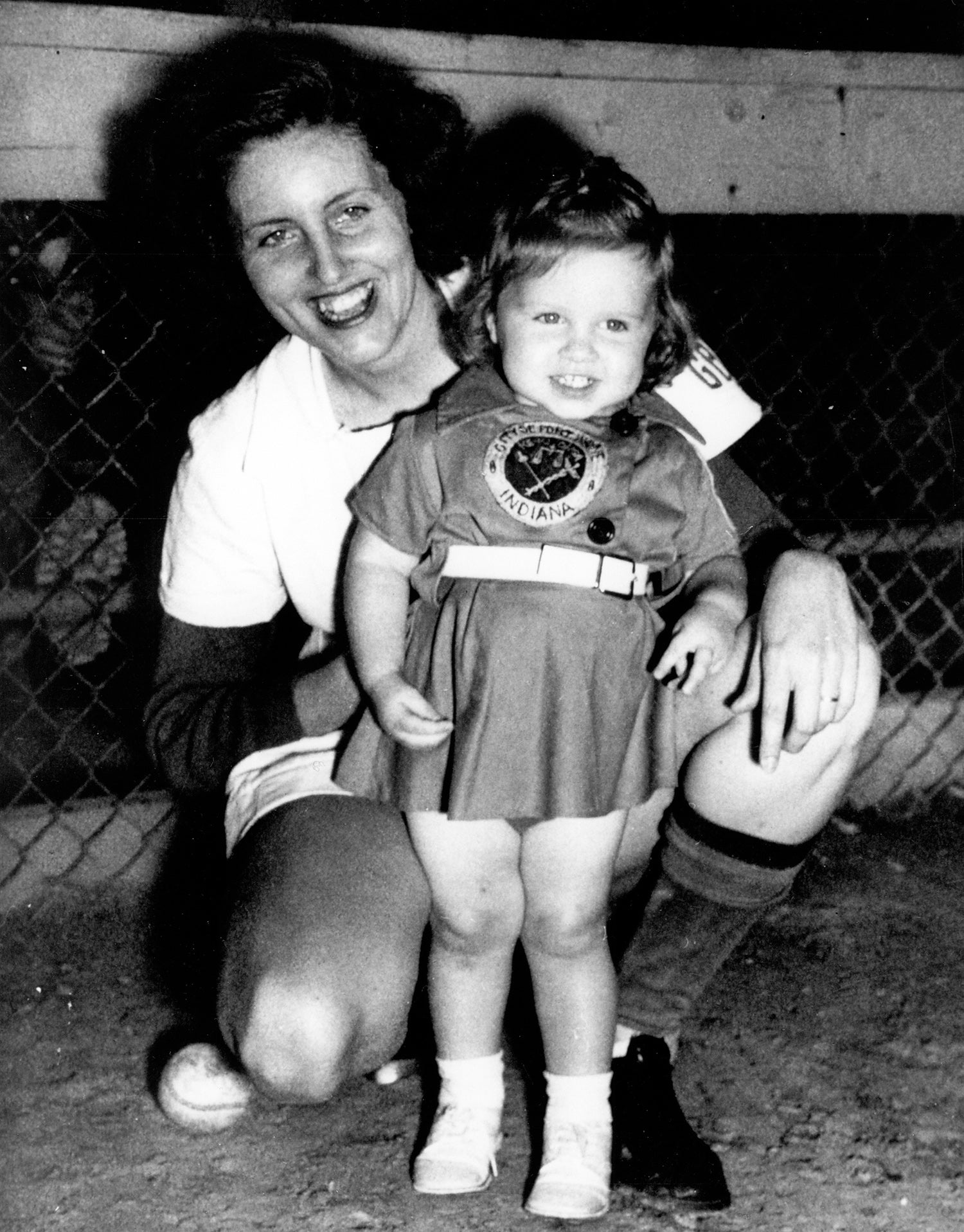#Shortstops: Madame umpire
Clement was always treated very well by the players and when they had an issue with a call, they brought it up in a respectful fashion. This plays on notions of gender roles that were prevalent during the early 1900s, the idea being that society’s perception of young ladies as genteel and fragile would prevent women umpires from being accosted. Clement essentially utilized conservative ideas of womanhood to her advantage on the field, gaining credibility through the players’ treatment of her.
Her career is also representative of how women’s athleticism was becoming acceptable as the 20th century moved away from Victorian era constrictions. This allowed Clement to understand her occupation as one that fit entirely within the construct of womanhood and was not unfeminine, though historical perspective reveals how being a woman umpire still fundamentally challenged traditional expectations for women.
Rather than accept one of the many marriage proposals she got from ballplayers, Clement pursued a career in physical education following her umpire days as a husband would have ended any professional aspirations, further demonstrating how Clement created opportunities for herself outside of the established norm.
And while Clement’s advice to have women officiate every baseball game has not been taken up by the major leagues, baseball was still forever changed by the presence of this particular umpire – as documented by a baseball now part of the Hall of Fame collection – used in a series of 1908 games umpired by Clement.
Her career and fame prove that women have participated in baseball throughout its history and that people not only accepted their involvement at times but were thrilled to witness it.
Patricia Singletary was a public programming intern in the Hall of Fame’s Frank and Peggy Steele Internship Program for Youth Leadership Development

